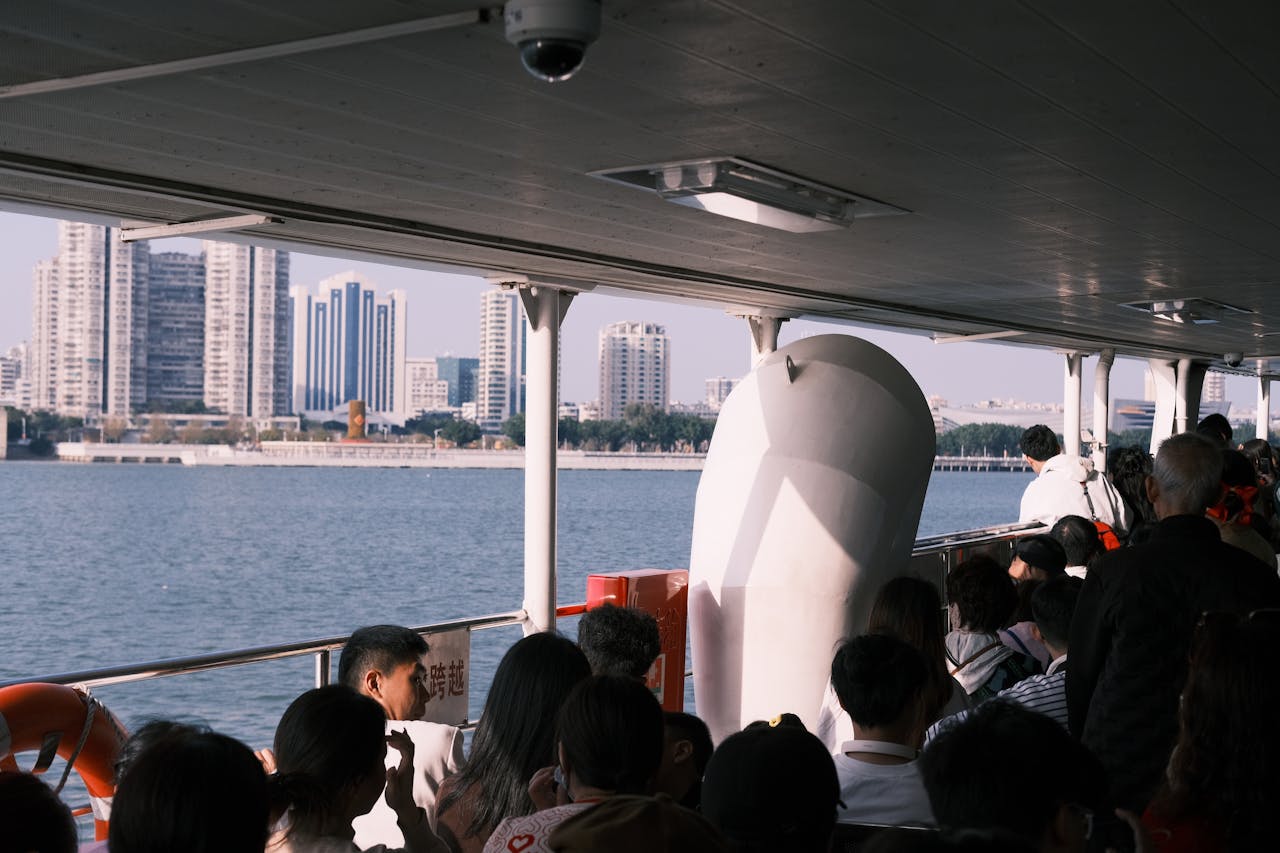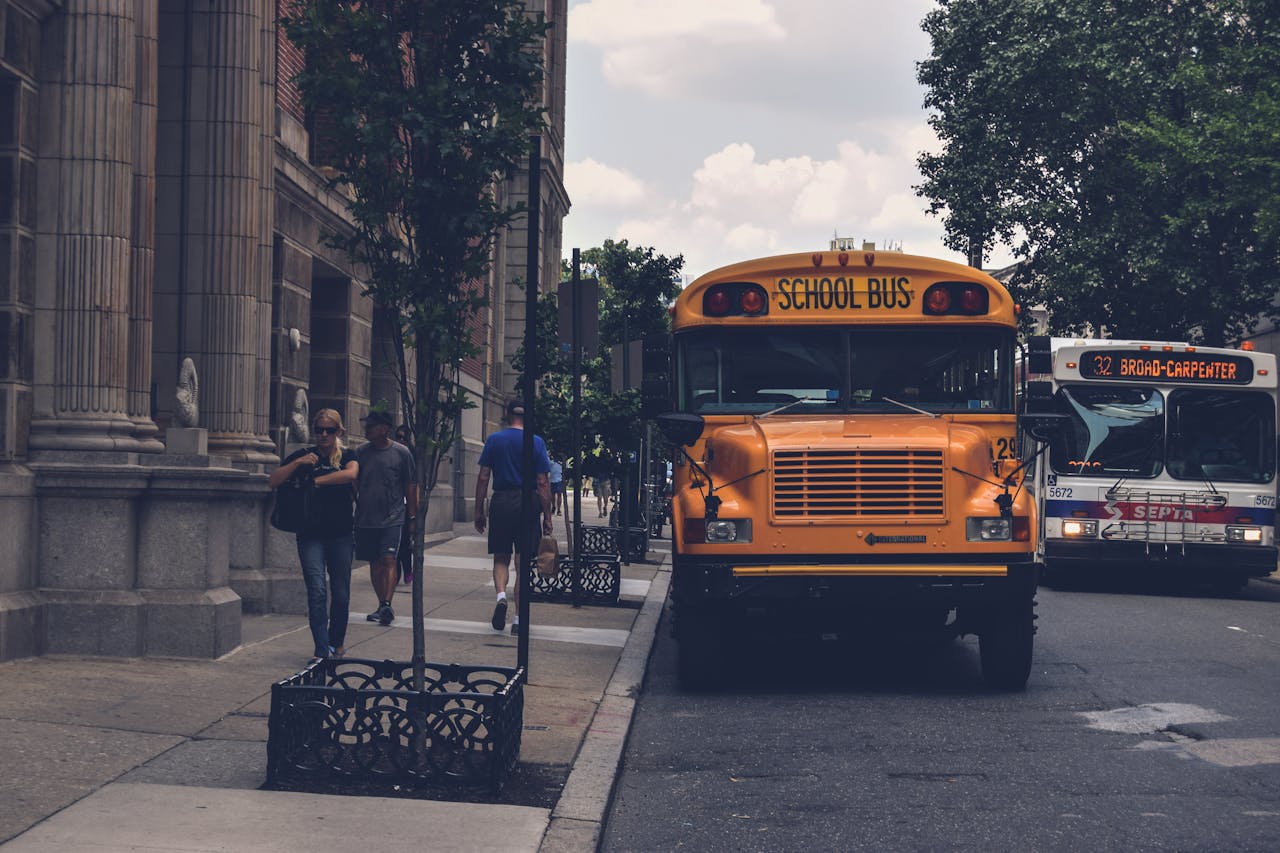
School trips play a crucial role in a child’s education, providing experiences that can’t be replicated in a classroom. These trips offer students the chance to explore new places, learn about different cultures, and engage in hands-on learning. One such place of historical significance is Ypres, a city deeply connected to World War 1. Visiting Ypres allows students to walk through battlefields and memorials, offering them a tangible connection to the past and a deeper understanding of history. School trips like these are invaluable for fostering a well-rounded education.
1 – Enhances Historical Understanding
Learning about history in a classroom can sometimes feel abstract and disconnected from reality. Textbooks and lectures can only convey so much. However, a school trip to a historically significant site like Ypres transforms abstract facts into concrete experiences.
Walking through the battlefields, visiting museums, and seeing the memorials where soldiers fought and fell gives students a profound understanding of World War 1. This firsthand experience helps them grasp the scale and impact of the events they study, making history come alive in a way that books and lectures cannot.
Furthermore, the emotional impact of visiting such sites cannot be overstated. Students often feel a deep sense of empathy and connection when they see the rows of graves and the names of soldiers inscribed on memorials.
This emotional engagement helps them remember the lessons of history more vividly and understand the human cost of war. A school trip to Ypres not only educates but also instills a sense of respect and remembrance for those who fought in World War 1, ensuring that the lessons learned are both personal and lasting.
2 – Promotes Social Skills and Teamwork
School trips are also excellent opportunities for students to develop their social skills and learn the value of teamwork. Being away from the structured environment of the classroom, students have to interact more closely with their peers and teachers. They share accommodations, meals, and activities, which require cooperation and communication. These interactions help students build stronger relationships and improve their ability to work as part of a team.
During school trips, students often participate in group activities and challenges that require collaboration. Whether it’s working together to solve a problem at a museum exhibit, organizing themselves for a hike, or simply helping each other navigate a new city, these experiences teach important social skills.
Teamwork and effective communication are essential not only during the trip but also in everyday life. The friendships and bonds formed during these trips can last a lifetime, providing students with a support network that extends beyond the classroom.
You May Also Enjoy | 8+ Museum Visits on the Blog!

3 – Fosters Independence and Responsibility
Another significant benefit of school trips is that they teach students to be independent and responsible. When away from home and their usual routines, students must take more responsibility for themselves and their actions. It includes planning what to pack, keeping track of their belongings, and managing their time effectively. These practical life skills are essential for personal growth and development.
Moreover, navigating new environments and handling unexpected situations help students build confidence in their abilities. Whether it’s figuring out how to use public transportation, finding their way around a new place, or managing their spending money, these experiences foster a sense of independence.
Successfully managing these tasks gives students a sense of accomplishment and prepares them for future challenges. School trips provide a safe environment for students to develop these skills, with teachers and peers available for support when needed.
4 – Stimulates Curiosity and Lifelong Learning
School trips ignite a sense of curiosity and a love for learning that often extends far beyond the duration of the trip. When students are exposed to new environments and experiences, they naturally begin to ask more questions and seek deeper understanding. For example, a visit to a science museum or a historical site can spark an interest in a particular subject that a student may not have realized before. This kind of immersive learning encourages students to explore topics on their own and develop a passion for discovery.
In addition, the excitement and novelty of school trips can make learning more engaging and enjoyable. When students are actively involved in their education, they are more likely to retain the information they learn. The hands-on experiences provided by school trips help to reinforce classroom lessons, making the knowledge gained more meaningful and memorable.
5 – Provides Hands-On Learning Experiences
Hands-on learning is one of the most effective ways to reinforce classroom lessons, and school trips are perfect for this type of experiential education. When students can touch, see, and interact with what they are learning about, they gain a deeper and more comprehensive understanding. For example, visiting a natural history museum allows students to see real dinosaur fossils and ancient artifacts, making the lessons about prehistoric life and ancient civilizations come to life.
Moreover, school trips often include interactive activities and workshops that engage students in active learning. Whether it’s a science experiment at a lab, a reenactment of a historical event, or a nature hike to learn about ecosystems, these activities provide practical, hands-on experiences that deepen understanding and retention. These learning opportunities are not only educational but also fun and exciting for students, which further enhances their engagement and enthusiasm for learning.

6 – Encourages Cultural Awareness and Appreciation
School trips also play a crucial role in broadening students’ cultural awareness and appreciation. By visiting new places and interacting with people from different backgrounds, students are exposed to diverse cultures, traditions, and ways of life. This exposure helps them develop a more inclusive and empathetic worldview. For instance, a trip to a cultural festival or a historical site in another country can provide students with insights into the history, customs, and values of different cultures.
Understanding and appreciating cultural diversity is increasingly important in today’s globalized world. School trips provide students with firsthand experiences that help them understand and respect differences. This not only enriches their own lives but also prepares them to be more open-minded and accepting individuals. The cultural awareness gained from these trips can lead to a more harmonious and interconnected world as students learn to value and celebrate diversity.
Conclusion
School trips are essential for providing students with enriching and transformative educational experiences. They enhance historical understanding by bringing lessons to life, promote social skills and teamwork through shared experiences, and foster independence and responsibility by challenging students to navigate new environments.
Additionally, school trips stimulate curiosity and a lifelong love of learning, provide hands-on experiences that reinforce classroom lessons, and encourage cultural awareness and appreciation. These benefits contribute significantly to the personal and educational development of students, making school trips an invaluable component of their education.







